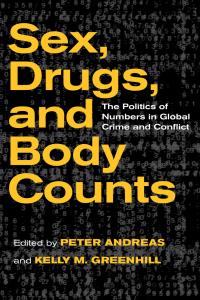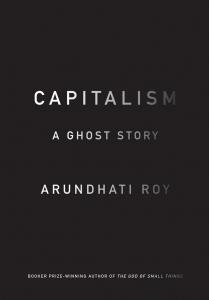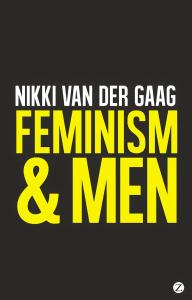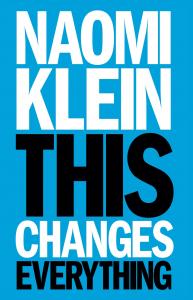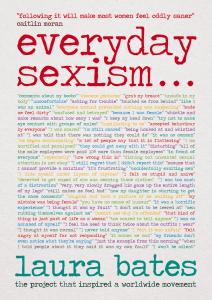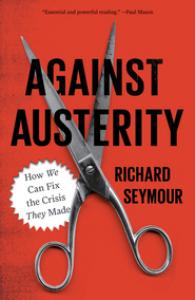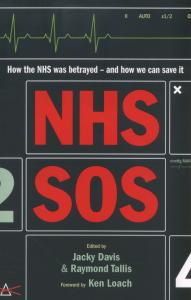As the Guardian noted, Jeremy Corbyn’s landslide victory on 12 September in the Labour leadership contest was ‘one of the most stunning electoral upsets of postwar politics.’ Billed at 200-1 by bookmakers when he entered the race in June, the Islington North MP won 59 percent of the vote, giving him ‘the biggest party mandate for any political leader in UK political history’, according to the Guardian’s chief political correspondent.
What makes Corbyn’s victory so…



